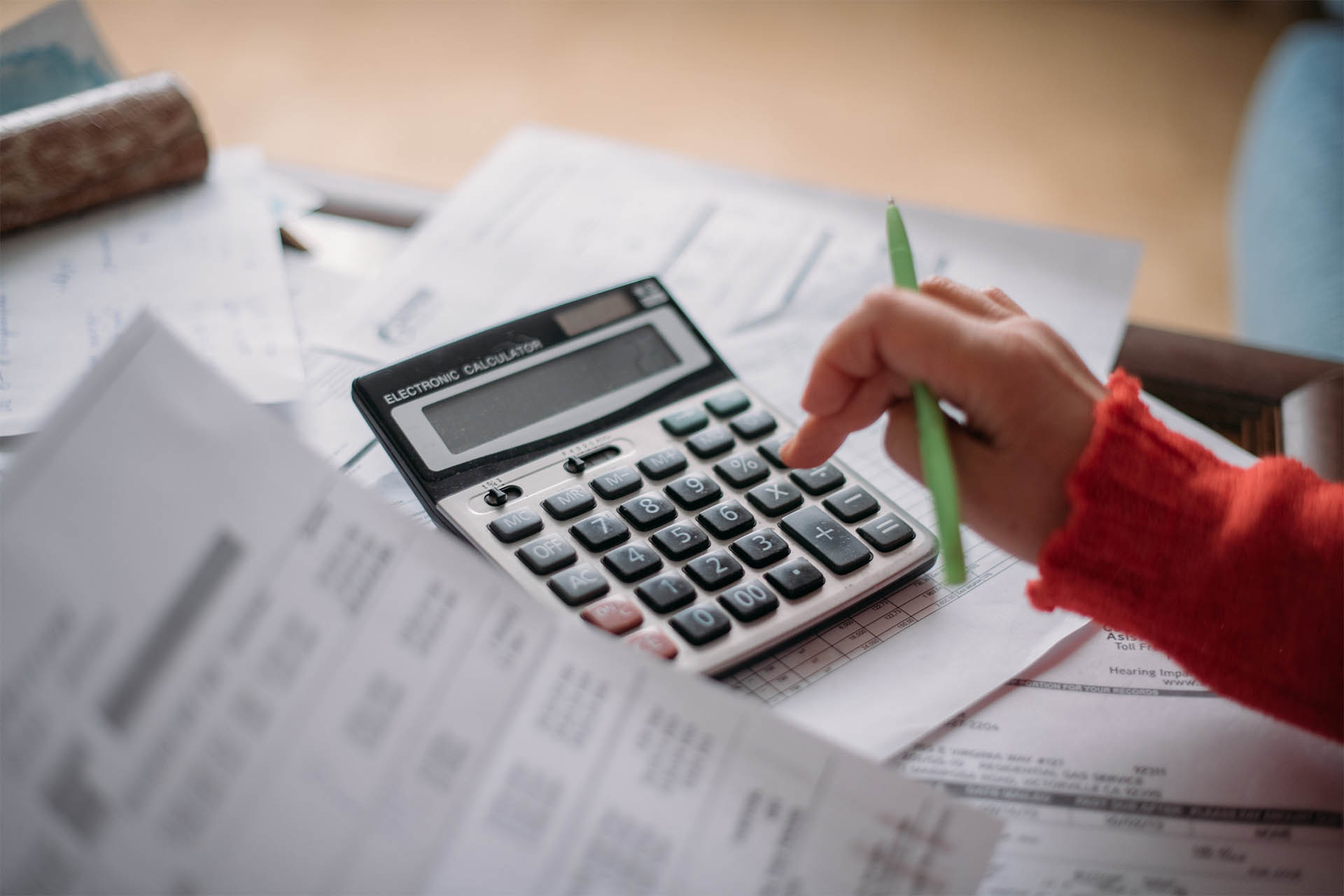Tax season might feel like it’s a long way off, but following a tax preparation checklist and getting started early can save you stress and set you up for a smooth filing experience. While the IRS typically opens tax filing in mid-January, there’s no need to wait until then to get organized. Gathering the necessary documents now lets you hit the ground running next year, whether you plan to file yourself or work with a tax pro.
Why start early?
The earlier you start preparing, the more time you’ll have to:
- Find a CPA, Enrolled Agent (EA), or other tax professional to help you file your return
- Gather all the necessary documents in your tax preparation checklist without rushing
- Address any missing forms or potential issues, such as errors on your W-2 or 1099 forms
- Explore credits and deductions to maximize your tax savings
- Avoid the last-minute scramble, which leads to mistakes or missed deadlines
Here’s a step-by-step guide to help you gather the documents you’ll need to file your individual tax return, find a tax preparer if needed, and stay on top of key deadlines.
Tax documents checklist
The tax preparation checklist below shows some common documents you’ll need to gather. The specific forms depend on your income sources and personal circumstances, but this guide covers the essentials for most individual filers.
Personal Information
- Social Security Numbers (SSN) or tax ID number for yourself, your spouse (if filing jointly), and any dependents
- Bank account and routing number for direct deposit of your refund
- Drivers license number. Some states require you to provide your driver’s license or other government issued ID number to electronically file your tax return.
Pro tip: If you married or divorced in the past year, the name on your tax return needs to match the name on your Social Security card. Otherwise, the IRS might reject your return.
Income Documents
You’ll need records of all income earned during the tax year. Common forms include:
- W-2 forms provided by your employer(s) to report wages and withholding
- 1099 forms. For income earned as an independent contractor, freelancer, or through other sources like interest, dividends, or rental property, you might receive one or more of these:
- 1099-NEC for non-employee compensation
- 1099-INT for interest income
- 1099-DIV for dividend income
- 1099-B for sale of stocks or investments
- 1099-K for money collected via credit card or third-party networks like PayPal or Venmo
- 1099-G for unemployment benefits
- SSA-1099 for Social Security benefits
- 1099-R for distributions from retirement accounts or pensions
- 1099-MISC for rent, royalty, and other miscellaneous income sources
- 1099-SA for distributions from a health savings account (HSA)
- Schedule K-1 for income from partnerships, limited liability companies (LLCs), S corporations, trusts, and estates
- Rental income records if you own a rental property
In most cases, you won’t receive these tax forms until late January or early February, but you can start gathering your income records now and match your numbers up to the 1099s and other documents once you receive them.
Deductions and Credits
To claim deductions and credits, you’ll need supporting documents. Examples include:
- Education expenses. Form 1098-T for tuition and fees, Form 1098-E for student loan interest, educational institutions receipts, and qualified educational expense records
- Medical expenses. Receipts for out-of-pocket costs, including prescriptions and doctor visits, if you plan to itemize deductions.
- Charitable donations. Receipts or acknowledgment letters for monetary or non-cash contributions
- Childcare records: Statements from care providers, including the providers tax ID number
- Homeownership documents likeForm 1098 for mortgage interest, property tax statements, and closing statements if you bought, sold, or refinanced other property during the year
- Retirement account contributions. Documentation of contributions or rollovers to traditional or Roth IRAs or SEP-IRA contributions
- Health insurance premiums if you are self employed
- HSA contributions form. Form 8889 showing amounts contributes to your health savings account
- Casualty losses (less insurance reimbursements) if you live in a federally declared disaster area
Other relevant tax documents
- Last year’s tax return. You may need last year’s tax liability and any rollovers from the prior year, such as overpayments applied to this year’s taxes.
- State and local taxes paid. Receipts or statements for estimated tax payments or amounts withheld
- Foreign reporting information if you own a foreign bank account or earn income from a foreign country
How to Find a Tax Preparer
If you’re not comfortable filing your taxes yourself, a professional tax preparer can help you navigate complex tax situations and ensure accuracy. Here’s how to find the right one:
- Start early. Tax preparers get busier as the season progresses. Reach out in December or early January to get an appointment.
- Check credentials. Look for certified professionals, such as EAs, CPAs, or IRS-authorized tax preparers
- Ask questions. Ask about their experience with your type of return and their fee structure
- Verify their Preparer Tax Identification Number (PTIN). All paid preparers must have a valid PTIN
Key Tax Deadlines to Remember
The tax filing season generally opens in mid-January—the IRS will announce the exact date. Here are other tax deadlines to keep in mind:
- Tax day. The filing deadline for most individuals is April 15, 2025. If you own a business and need to file a separate return for your partnership, LLC, or S corporation, the deadline is March 17, 2025.
- Requesting an extension. Need more time to file a complete and accurate return? You can file Form 4868 to request a six-month extension. Just remember, you still need to pay any taxes owed by the original deadline.
Filing your taxes doesn’t have to be overwhelming. By starting now with our tax preparation checklist, you’ll save time, reduce stress, and put yourself in the best position for a successful tax prep season.
If you’re having trouble organizing your tax documents for yourself or a loved one, contact Firefly Financial Organizing. As a CPA, Daily Money Manager, and professional paper organizer, I can help you gather the necessary tax forms and other documents you need this year, and set up systems to stay organized going forward.


